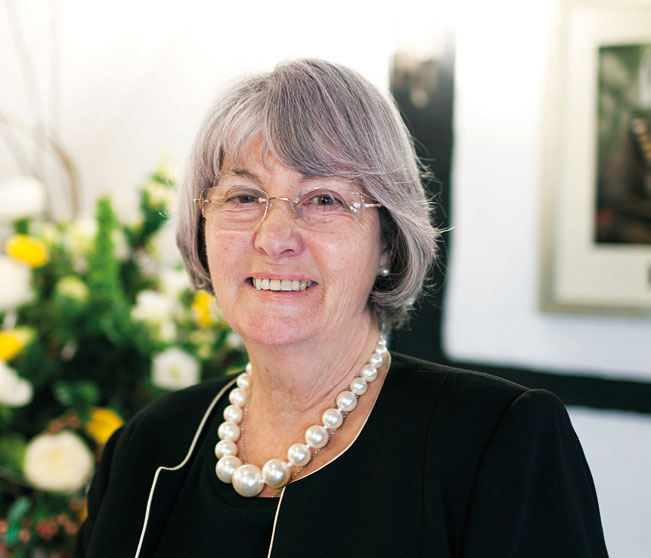Learning to deal with child funerals

The Independent Funeral Directors (IFD) College has launched a dedicated training course to ensure national standards from all involved in dealing with the trauma of infant deaths
Child funerals are among the most difficult and traumatic of events. They challenge everyone involved, from the families of the loved one who has died to those involved with providing the service, burial or cremation.
They have their own distinct protocols and sensitivities and the rules and practice may sometimes differ from adult funerals. Those working in the profession and dealing with infant deaths really can’t have enough training.
In recognition of this, the IFD College is shortly to launch a new education unit on child funerals. It has been accredited and is now being tested before being offered for study later this year.
Funerals for children have raised some controversy in recent years, most notably with the Mortonhall Crematorium scandal in Edinburgh, where ashes of babies were buried in secret for decades.
The subsequent Infant Cremation Commission, chaired by Lord Bonomy, made dozens of recommendations, including new laws and guidelines to protect bereaved families.
The Scottish Government is also currently reviewing the whole funeral profession and has appointed its first Inspector of Funeral Directors. There is a general expectation in the profession that new regulations will follow.
Chris Parker, the Managing Director of Abbey Funeral Services in Tonbridge, Kent, is the Curriculum Development Director at the IFD College, as well as being its Chairman, and a fellow of SAIF.
She explains that events in Scotland have concentrated minds within the sector on education. “We needed to do a root-and-branch review of what we were providing,” she says. “The Bonomy Report also suggested that everyone involved in a child’s death should receive appropriate training.
“We felt that we needed to look at how we matched up with the National Occupational Standards. I did a huge mapping exercise and found we already covered about 90% of these. However, one of the gaps was training around child deaths. All these factors convinced me that we really had to have something there.”
The new course looks at a range of areas, including knowing the right terminology for the age and gestation of an infant or foetus; understanding current regulations; certificates required and general administration; and how crematoria deal with child remains.
It also covers what exactly can be put in local cemeteries to mark an infant grave.
“You will usually find, for instance, that the restrictions in a child burial section will be a little looser than in the adult section,” cautions Chris, “but funeral directors need to know that.
“They need to be giving the parents absolutely correct information so that they can make informed choices and receive holistic support.
“Another issue is bereavement care. You have to think not just about the parents, but also about other family, such as siblings and grandparents, and make sure that their needs aren’t overlooked.”
Those taking the course will be able to learn at their own pace, though a reasonable length of time to completion will probably be about three months. If people feel they need longer, they can say so. In total, it will require 30 to 40 hours of study.
“The course will be suitable for anyone who is dealing with a child death,” Chris adds. “It is most likely to be funeral arrangers, but could be funeral directors and funeral operatives too. They would also benefit. It may be that people take it as a bolt-on to the administrator training they are already doing.
“Upon successful completion, people will get both an IFD certificate and another from our awarding body, which is One Awards – formerly the Open College Network.”
She feels that other UK nations and regions beyond Scotland will place greater scrutiny on the child funeral sector in the future. “I wouldn’t be at all surprised if part of the regulation requirements demands that you train your staff in this to a certain level.
“I think that there’s no danger in our profession being ready for that regulation rather than finding we have two months to put it in place. I’d rather have it in place first.”
As with other IFD College courses, learners will attend a training day where the tutor goes through the learning outcome and assessment criteria and talks them through what they need to do to comply with the evidence-based approach.
Some parts of the course require essays to be written, while others – such as checking the identification of a body against a range of documents – can be supervised and marked off by an assessor who has witnessed the learner doing this.
“We try and use a range of different assessment procedures so we can chop and change according to a learner’s needs. I think interest initially will come from Scotland, because of the particular circumstances there, but I hope it will prove to be of interest to others too.”
Tags: Abbey Funeral Services, bereavement, child, Chris Parker, college, education, IFD, infant, training